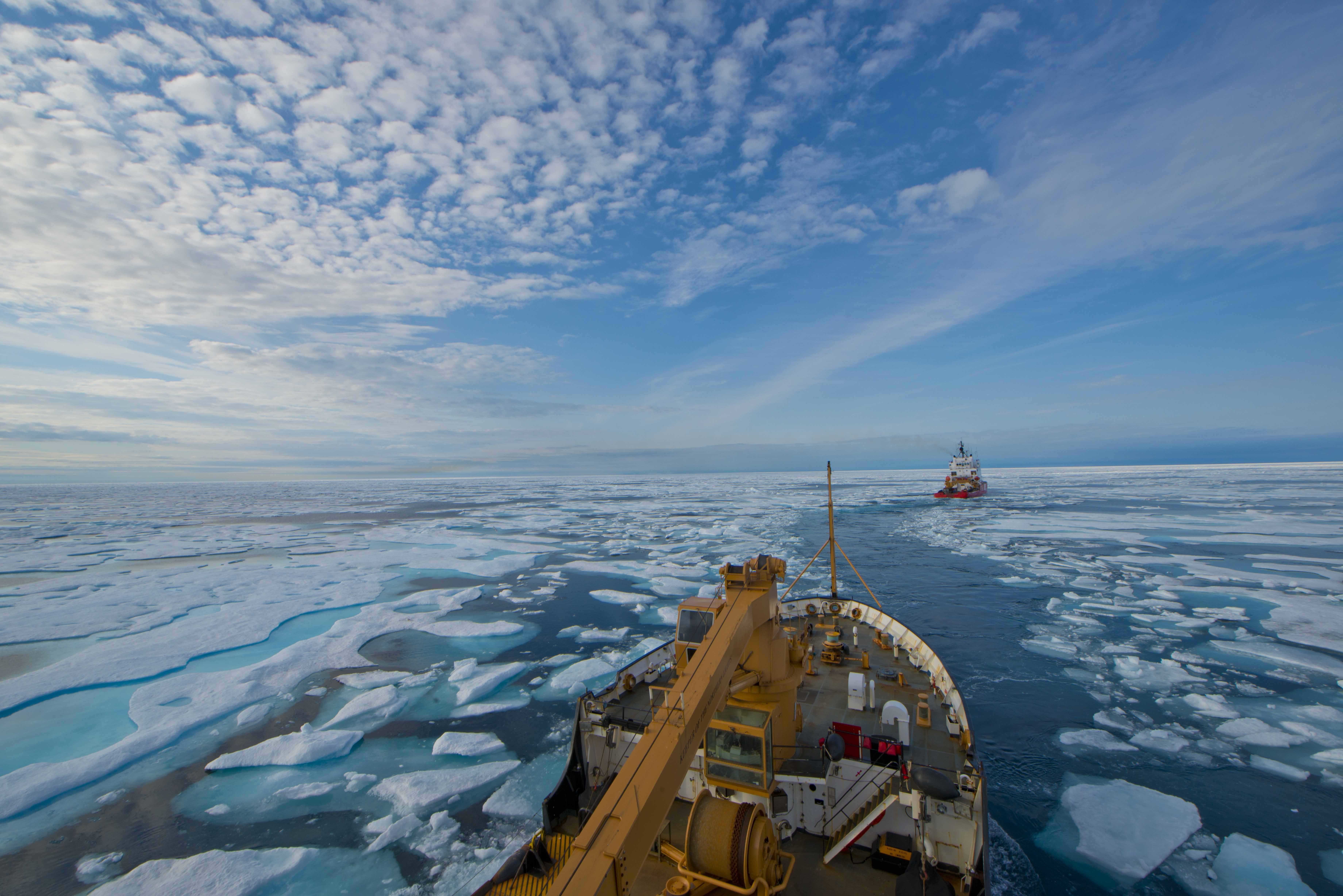Insulting Canada won’t help the US with its Arctic ambitions
The U.S. and Canada have carefully agreed to disagree about the Northwest Passage since 1985. Reckless diplomacy threatens to undo that compromise.

In the summer of 1985, the United States Coast Guard sent the icebreaker Polar Sea on a voyage across the Northwest Passage from Greenland to Alaska.
The U.S. had only two modern icebreakers at the time and it needed the Polar Sea off the Alaska coast shortly after a mission to Greenland.
The Coast Guard saved 30 days and $200,000 in fuel by having the icebreaker take the northern shortcut instead of making the trip via the Panama Canal.
The journey across northern Canada went off without incident, but it created a diplomatic crisis between the U.S. and Canada that has taken on new significance today.
As summer ice cover continues to shrink, the passage will see more commercial and government travel, making the need for agreements among nations and ship operators more urgent.
In the end, the 1985 confrontation produced a sensible and lasting compromise on a key question of sovereignty and international rights — a compromise that may be foolishly unraveled by the Trump administration, which appears to be incapable of finesse.
Canada and the U.S. have long disagreed on the status of the Northwest Passage. Canada claims the waters are part of its internal waterways and that it controls access. Meanwhile the U.S. says the passage is an international strait open to anyone. There is no need to ask Canada for approval to use the passage, the U.S. contends, an argument that also plays into access to waters off the Arctic coast of Russia and elsewhere in the world.
To many in Canada, the Northwest Passage is an essential element in the nation’s identity that should not be surrendered.
The 1985 journey by the Polar Sea rankled the Canadians who saw it as an attack on national rights.
U.S. Secretary of State Mike Pompeo jumped into this in early May with a speech before the Arctic Council in which he insulted Canadians.
“We recognize that Russia is not the only nation making illegitimate claims,” Pompeo said, a non-diplomatic reference to the United States’ closest ally. “The U.S. has a long-contested feud with Canada over sovereign claims through the Northwest Passage.”
“Illegitimate claims” was a reckless choice of words by Pompeo that showed a lack of respect. It is a way to destroy trust between allies.
In this case, illegitimate is in the eye of the beholder.
After the disputed Arctic journey in 1985, a memo by the U.S. State Department said that the Canadian public viewed the matter as a challenge to sovereignty, leaving Prime Minister Brian Mulroney little room to negotiate.
“At the same time the United States cannot accept the Canadian claim because to do so would constitute acceptance of full Canadian control of the
Northwest Passage and would terminate U.S. navigation rights in other areas,” the department said.
The disagreement persists, but in 1988 President Ronald Reagan and Mulroney signed an ambiguous document that both sides could live with. The U.S. agreed to seek consent for scientific missions without giving up its legal claims.
U.S. Secretary of State George Schultz said at the time, “we have basically agreed to disagree at this point as to sovereignty and develop a kind of practical operation, a way for life to go on in a constructive manner.”
Into this stalemate comes the Trump administration with threats that it will stage a so-called Freedom of Navigation Operation in the Northwest Passage — ignoring the “consent” language of diplomacy.
There is nothing to be gained by treating Canada this way and much to lose. There are not only the practical limitations of U.S. icebreaking capability, but also the unexamined foreign policy risks.
Fen Hampson, a scholar at the Centre for International Governance Innovation in Waterloo, Ontario, told the Canadian Press that Canada can’t stop the U.S. from sending a ship through the passage.
“We can remind them, though, that if they are worried about a growing Chinese and Russian presence in the North and aspirations to create a circumpolar Silk Road, they might want to work more closely with their NORAD partner and refrain from challenging our sovereignty,” said Hampson.
“This isn’t the time to be throwing snowballs.”
Columnist Dermot Cole can be reached at [email protected].